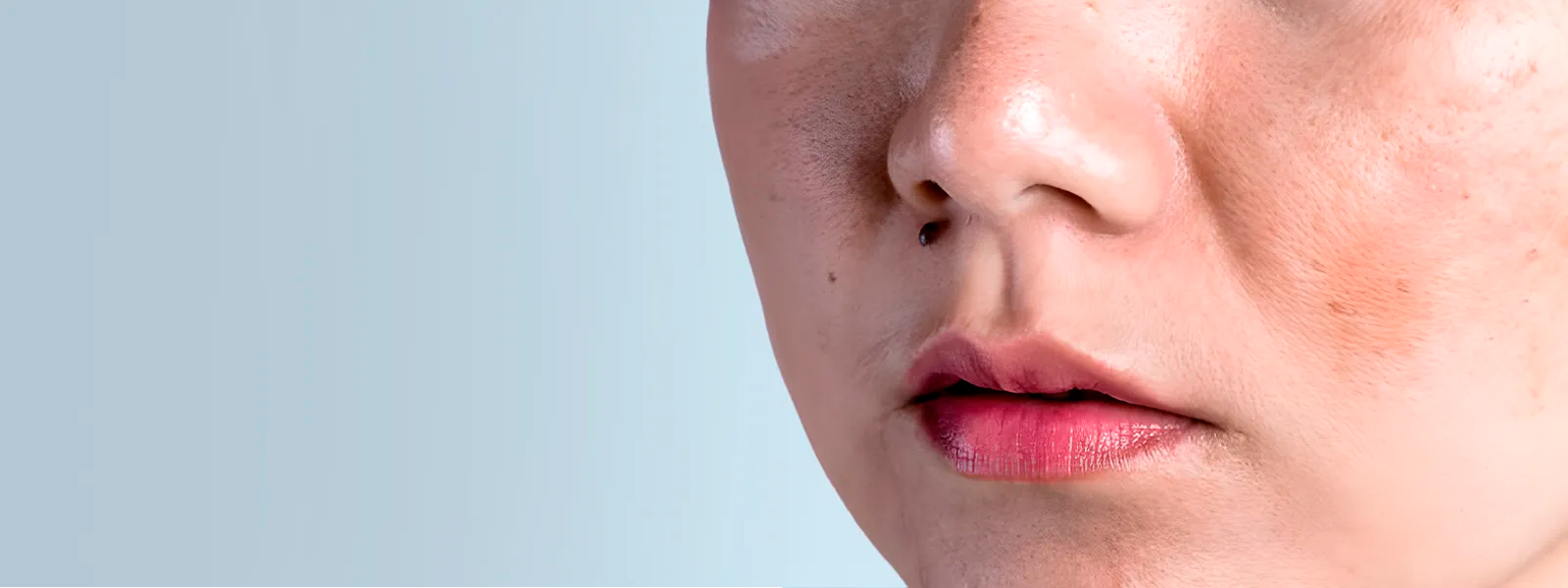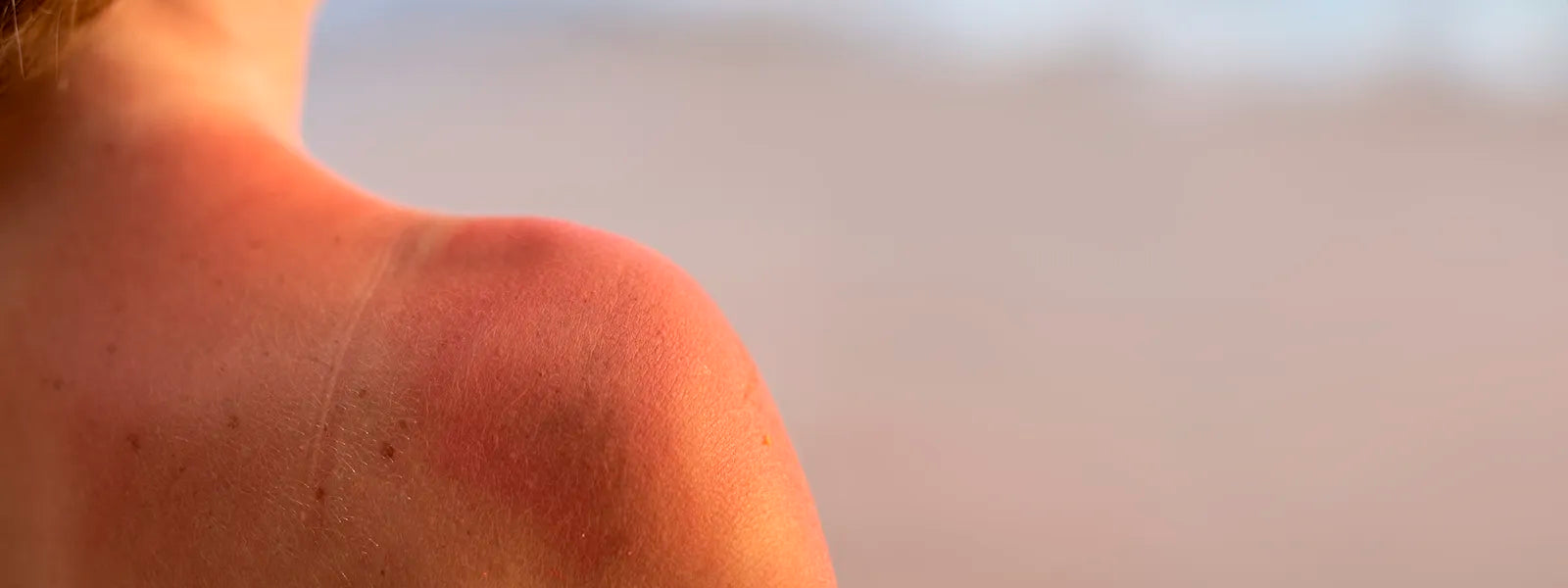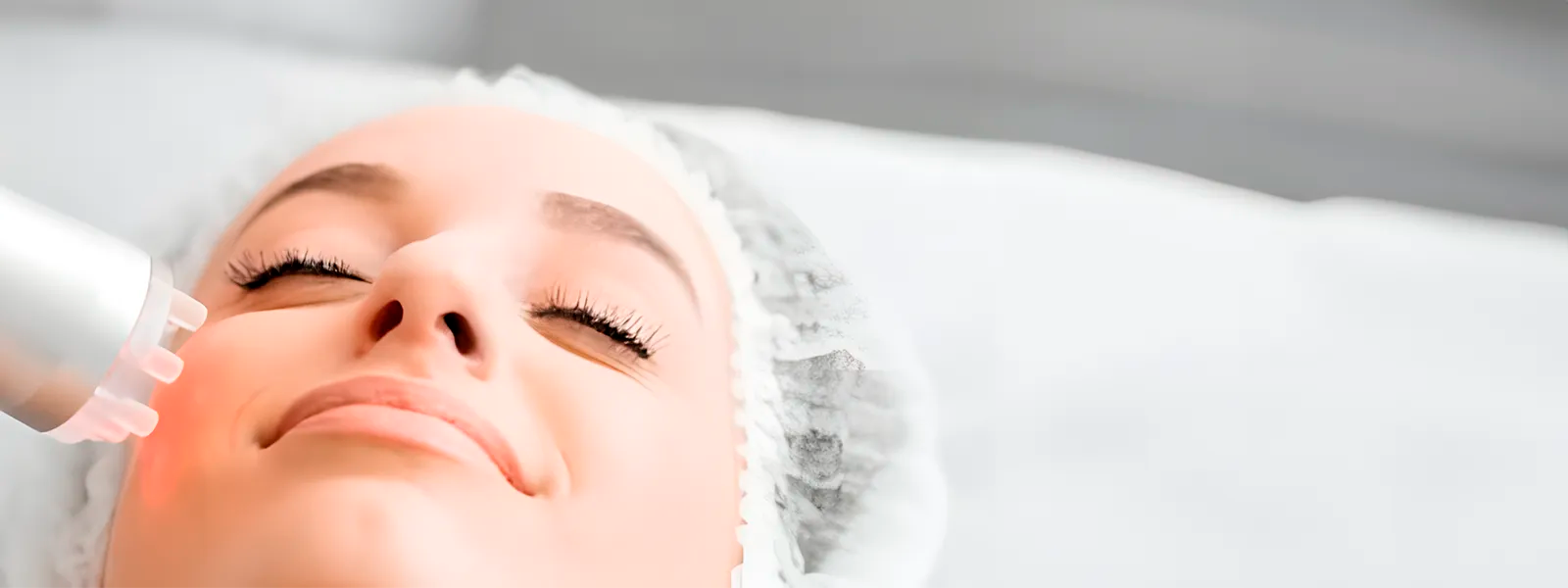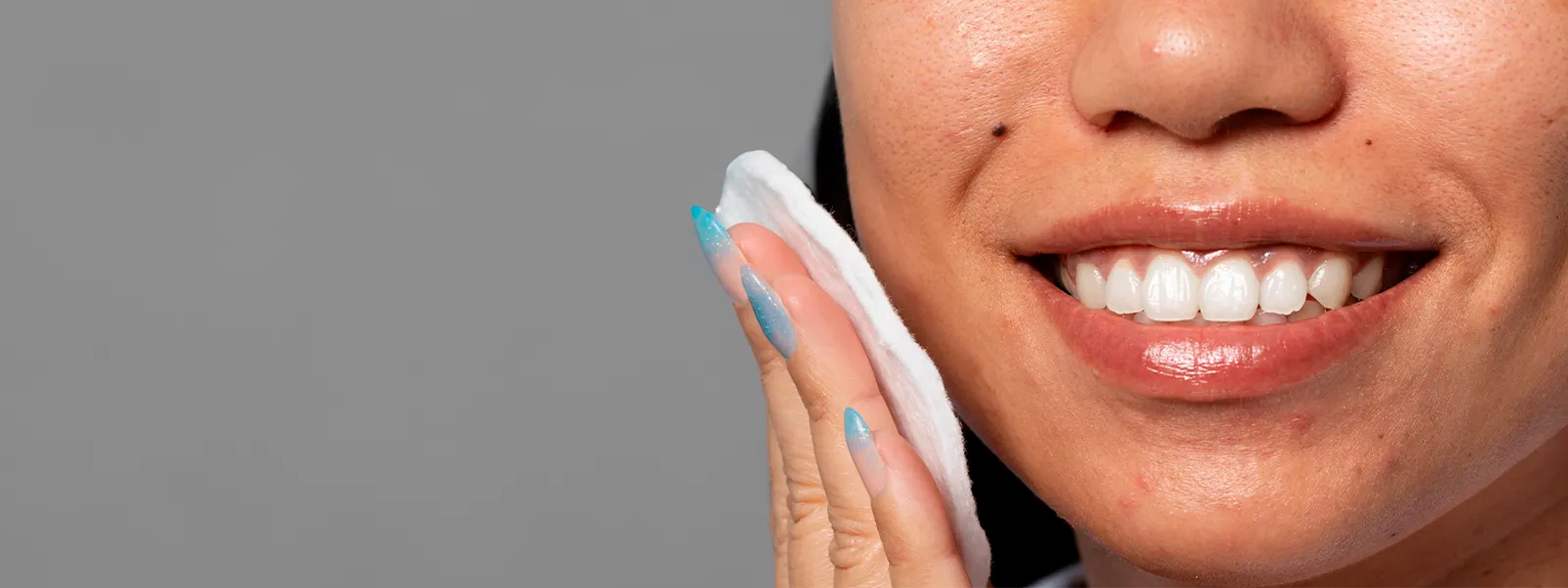Skin oxidation is one of the major drivers of skin aging and disease. While some oxidation is normal and necessary, oxidative stress can damage fatty tissue, DNA and proteins inside the body. This in turn can lead to skin damage, aging, inflammation, high blood pressure, cancer and other conditions. In order to minimize unnecessary skin oxidation, it is important to first understand what it is and why it occurs.
What Is Skin Oxidation?
Skin oxidation is a process that occurs when the skin's cells are exposed to oxygen in a way that causes them to lose electrons. This process is a natural part of aging and environmental exposure but can be accelerated by various external factors. When the skin undergoes oxidation, it can speed up the skin aging process, such as fine lines, wrinkles, and pigmentation changes.
What Is Oxidative Stress?
Oxidative stress is a state where the balance between free radicals and antioxidants in the body is disrupted. Free radicals are unstable oxygen-containing molecules that have an unpaired electron. They seek out other electrons to pair with, causing damage to cells, proteins, and DNA in the process. That reaction can cause a larger chain reaction known as oxidation. Antioxidants are molecules that can donate an electron to free radicals without becoming unstable themselves, thus neutralizing the threat.
When there are more free radicals than antioxidants, oxidative stress occurs. This imbalance can lead to various health issues, including accelerated skin aging. Oxidative stress is often exacerbated by external factors such as UV radiation, cigarette smoke, and pollution.
What Are Free Radicals?
Free radicals are highly reactive molecules with one or more unpaired electrons. They are a natural byproduct of normal cellular metabolism, but their levels can increase significantly due to environmental stressors like sun exposure, UV radiation and pollution. These molecules are in a constant state of seeking stability, which leads them to interact with other molecules, causing a chain reaction of damage.
How Do Free Radicals Impact The Body?
Free radicals can cause significant damage to the body's cells and tissues. In the context of skin health, free radicals attack skin cells, leading to a breakdown of collagen and elastin, the proteins responsible for maintaining skin's structure and elasticity. This breakdown results in the formation of fine lines, wrinkles, and a loss of skin firmness.
Additionally, free radicals can cause pigmentation changes and dark spots on the skin, often referred to as photoaging. The damage extends to the DNA within skin cells, increasing the risk of skin cancer over time. The body's natural defense against free radicals involves antioxidants, which neutralize these harmful molecules.
How To Prevent Skin Oxidation
Preventing skin oxidation involves a multi-faceted approach that includes lifestyle changes, proper skincare, and the use of topical products containing active ingredients known for their antioxidant properties.
Use Antioxidant-Rich Skincare Products
Incorporating skincare products that contain antioxidants can help protect the skin from oxidative stress. Vitamin C is a powerful antioxidant that helps neutralize free radicals, boosts collagen production, and reduces the appearance of fine lines and pigmentation. Vitamin A, commonly found in retinoids, is another potent antioxidant that promotes cell turnover and improves skin texture.
Apply Sunscreen Regularly
UV radiation and UV exposure from the sun is a significant source of free radical production in the skin. When possible avoid direct sunlight and UV rays. Additionally, Applying sunscreen with a high SPF can protect the skin from UV damage. Look for sunscreens that contain both UVA and UVB protection, and apply it generously every day, even on cloudy days or when indoors.
Avoid Cigarette Smoke and Pollution
Cigarette smoke and pollution are major contributors to free radical formation. Avoiding smoking and limiting exposure to polluted environments can help reduce oxidative stress on the skin. When exposure is unavoidable, consider using skincare products that include ingredients like ceramides that form a protective barrier on the skin.
Maintain a Healthy Diet
A diet rich in natural antioxidants can help bolster the body's defenses against free radicals. Foods high in vitamins C and E, such as citrus fruits, berries, nuts, and leafy greens, can provide the body with the necessary nutrients to combat oxidative stress. Additionally, avoid products treated with pesticides. Hydration is also crucial for maintaining healthy skin.
Incorporate Topical Antioxidants
Using topical antioxidants can directly protect the skin from environmental stressors. Serums and creams containing vitamin C, vitamin E, and other antioxidant ingredients can be particularly effective. These products should be applied in the morning to protect the skin throughout the day.
Use Products with Active Ingredients
In addition to antioxidants, look for skincare products with active ingredients that support skin health. Retinoids (vitamin A derivatives) can help improve skin texture and reduce signs of aging. Niacinamide is another beneficial ingredient that enhances the skin's barrier function and reduces inflammation.
Practice Good Skincare Habits
Establishing a consistent skincare routine is essential for preventing skin oxidation. Cleanse the skin gently to remove impurities without stripping away natural oils. Exfoliate regularly to promote cell turnover, but avoid over-exfoliation, which can damage the skin's barrier. Moisturize daily to maintain hydration and support the skin's protective barrier.
Conclusion
Skin oxidation and the resulting oxidative stress are significant contributors to skin aging and damage. By understanding the role of free radicals and how they impact the skin, you can take proactive steps to protect your skin. Incorporating antioxidant-rich skincare products, using sunscreen, avoiding harmful environmental factors, and maintaining a healthy lifestyle are all effective strategies to prevent skin oxidation. By adopting these practices, you can help keep your skin looking youthful, healthy, and radiant.
Sources:
https://www.healthline.com/health/oxidative-stress
https://www.medicalnewstoday.com/articles/324863
https://www.healthline.com/health/oxidative-stress-your-faqs-answered
https://www.ncbi.nlm.nih.gov/pmc/articles/PMC5551541/





Leave a comment (all fields required)